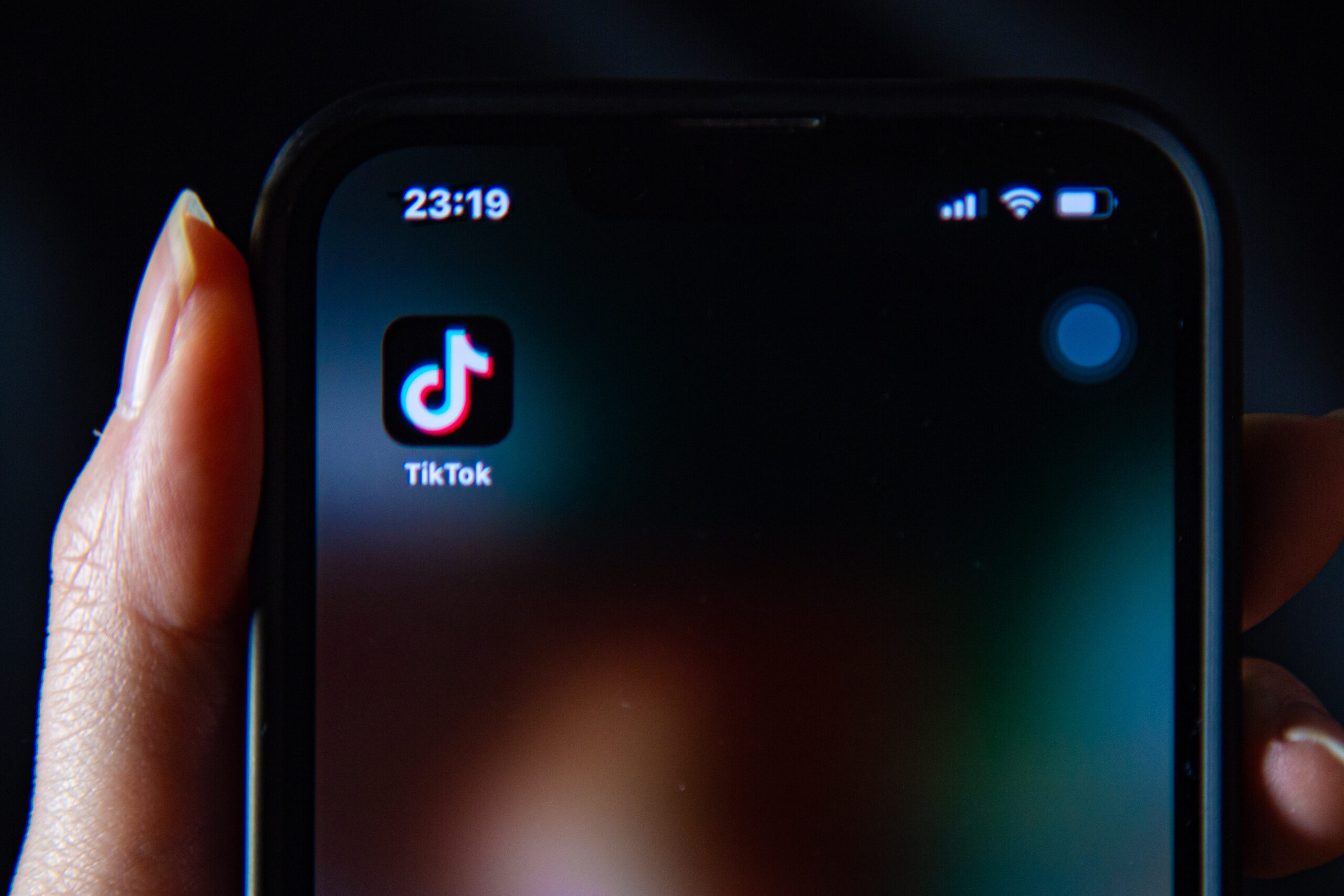Between trends and tales: decoding “BookTok’s” impact on reading culture
How a TikTok subculture is both helping and harming the book industry.
TikTok, a popular platform for creating short content, was reaching its peak during the height of the pandemic. At the same time, more and more people were indulging in their hobbies while confined to their homes. The combination of these circumstances led to the creation of “BookTok”—the online subculture dedicated to discussing and sharing book recommendations.
As a safe space for readers to convene and share their recommendations, reviews, and reactions, BookTok has created an opportunity for lesser-known authors to gain more exposure, such as Amel El-Mohtar and Max Gladstone with their book, This is How You Lose the Time War. BookTok gives new and aspiring authors a space to network with other authors and learn more about the publishing industry and the writing process.
However, there have been concerns regarding the impact of BookTok on the book publishing industry. Books that are trending on social media have led to stores like Indigo having a “Trending on BookTok” section. While it provides easier access for readers to retrieve what is trending online, the content of the books is often overshadowed in favour of online trends.
Even though BookTok has provided a forum for literary discussions, it has been unable to shake its influential image. BookTok has developed into a platform strongly influenced by popular trends like romance stories. Instead of focusing on a book’s real substance, individuals frequently follow the crowd. The prominence of particular books on trending lists results in an extended spotlight, reinforcing duplication in titles, writers, and clichés, eventually limiting opportunities to promote diversity.
Colleen Hoover, an author criticized for her romanticization of sexual assault, has come under fire, particularly for her work It Ends With Us. Despite being advertised as a romance novel, the promotional efforts ignore the delicate subjects discussed in the book. The gap between the advertised genre and the book’s actual thematic depth calls into question BookTok’s openness and potential impact on reader expectations.
This dynamic has also resulted in genre misinterpretations, such as in Donna Tartt‘s book, The Secret History, which romanticizes “dark academia,” an internet subculture concentrated on the aesthetic of academia. Despite the book’s intention to satirize the aestheticization of dark academia with themes, such as exploring the contradiction between perfection and reality, it has been misrepresented as an expression of original dark academia. This erroneous portrayal ignores the book’s satirical tone, resulting in a misinterpretation of its genuine meaning.
BookTok has had an overall positive impact on the book industry. Whether readers are following popular book trends or looking for the latest releases, the revival in readership is good news for the publishing industry. This newfound interest not only reflects a growing love of reading but also generates an environment that encourages creativity and offers authors a variety of opportunities to present their unique stories. BookTok has spurred lively discussions, and we must acknowledge that, as a growing community, issues will inevitably occur.

